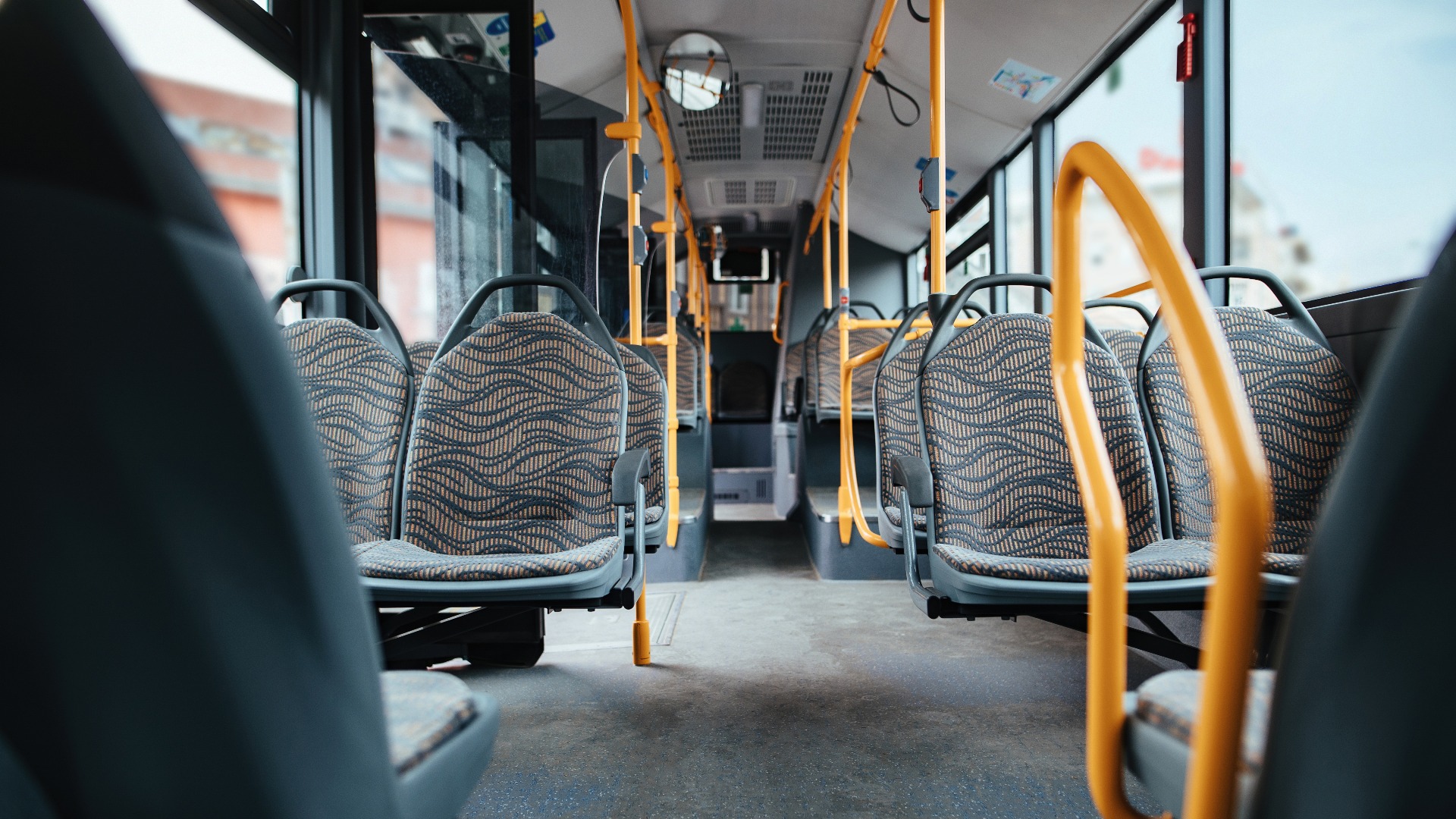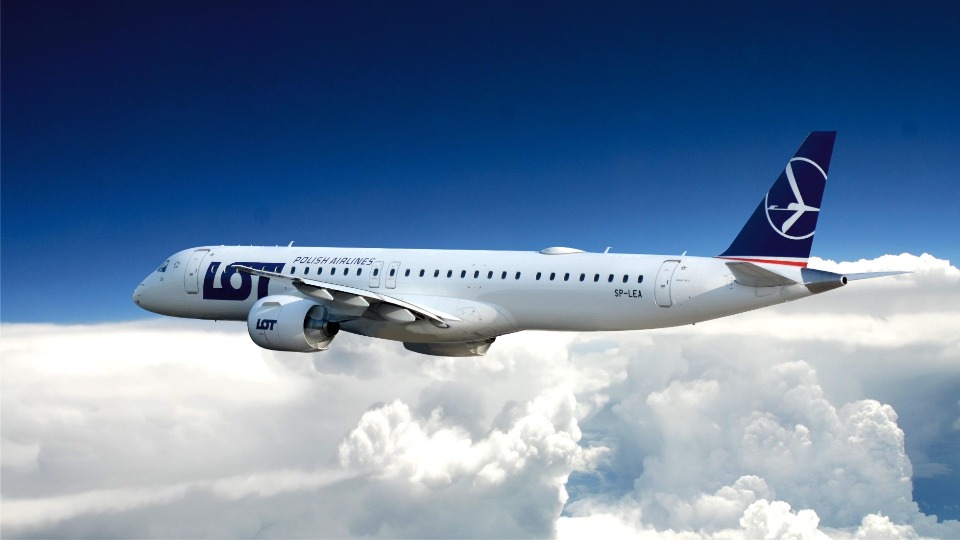
UAE’s Public Bus Fleet Implements Air Quality Assessments with Smart Sensors

UAE’s efforts to offer only the best to its residents is more visible than ever as they have just starter assessing air quality in busses.
The Ras Al Khaimah Transport Authority (RAKTA) and the Environment Protection and Development Authority (EPDA) have introduced the inaugural phase of their pioneering air quality sensor initiative in Ras Al Khaimah. This endeavor is dedicated to advancing environmental sustainability within the emirate, aligning seamlessly with the ambitious Ras Al Khaimah Government 2030 vision. Furthermore, it coincides harmoniously with the Year of Sustainability 2023 and the forthcoming UAE-hosted COP28 Conference later in the year.
This innovative undertaking holds the promise of granting pertinent regulatory bodies immediate access to an extensive array of data pertaining to air quality, both within and outside. This remarkable feat is achieved by harnessing the resources of Ras Al Khaimah's public transportation fleet, which spans a sprawling network covering 86 kilometers, operating at diverse times and locations throughout the day.
Esmaeel Hassan Al Blooshi, the Director-General of RAKTA, underscored the groundbreaking nature of this initiative within the UAE's transportation sector. He emphasized how it seamlessly extends the collaborative efforts undertaken by RAKTA and EPDA to fortify the environmental infrastructure governing transportation and its associated emissions.
Operational Framework
In the course of this initiative, cutting-edge sensors will be strategically deployed to meticulously assess the environmental air quality in the proximity of public transportation. This encompassing surveillance encompasses continuous monitoring during bus journeys and at each station during scheduled stops.
Al Blooshi further elaborated on the multifaceted capabilities of this technology, highlighting its proficiency in real-time data collection, which includes variables such as air temperature, humidity levels, carbon emissions, and an assortment of other pertinent indicators.
Dr. Saif Al Ghais, Director-General of EPDA, accentuated the project's pivotal role in shaping strategies and conducting research grounded in precise scientific insights. These sensors are invaluable resources, providing real-time data related to a wide range of meteorological factors and carbon emissions.
In an endeavor to solidify their strategic partnership, RAKTA and EPDA have formalized a comprehensive memorandum of understanding. This agreement encompasses several critical components, including the examination of air quality strategies, the implementation of environmental awareness campaigns, collaborative community initiatives, the exchange of data and knowledge, and the mutually beneficial utilization of each party's environmental expertise.
Source: gulfnews.com








